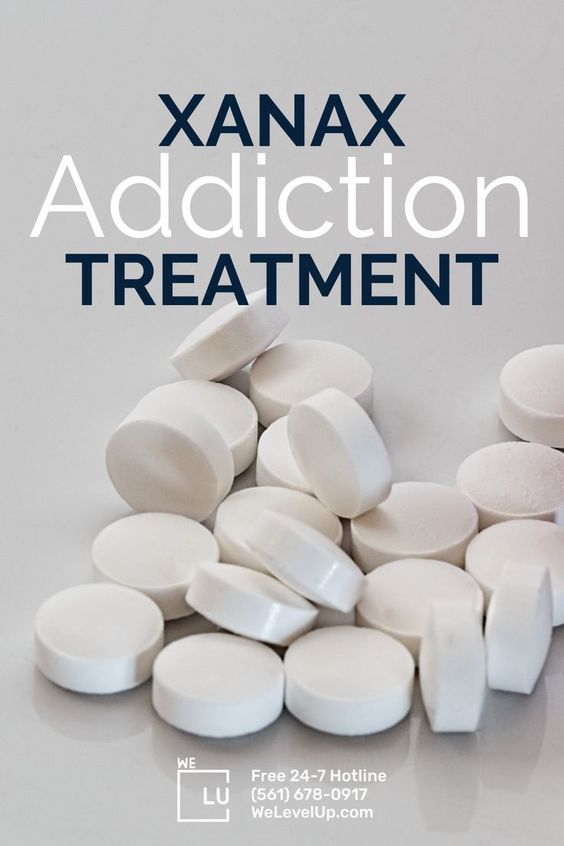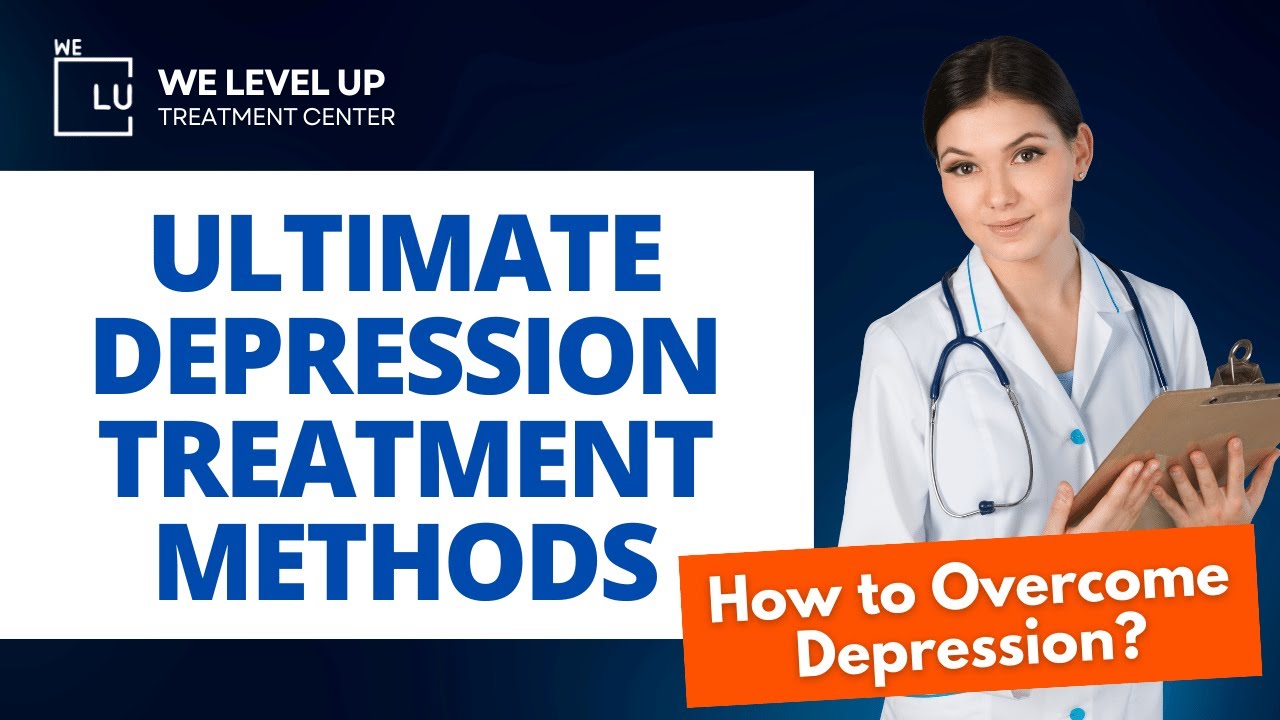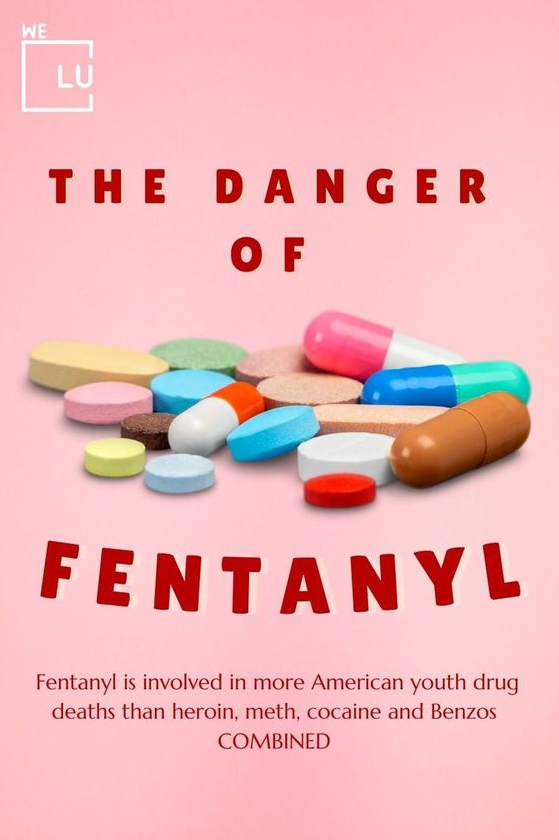What is Tramadol?
Tramadol is used to relieve moderate to moderately severe pain. Tramadol extended-release tablets and capsules are only used by people who are expected to need medication to relieve pain around the clock. Tramadol is in a class of medications called opiate (narcotic) analgesics. It works by changing the way the brain and nervous system respond to pain.
Tramadol in pregnancy may be habit-forming or cause substance abuse, especially with prolonged use. Take tramadol exactly as directed. Do not take more of it, take it more often, or take it in a different way than directed by your doctor. While taking tramadol, discuss with your health care provider your pain treatment goals, length of treatment, and other ways to manage your pain.
Tell your doctor if you or anyone in your family drinks or has alcohol use disorder, uses or has ever used street drugs, or has overused prescription medications, or has had a drug overdose or if you have or have ever had depression or another mental illness. There is a greater risk that you will overuse tramadol in pregnancy if you have or have ever had any of these conditions.
How to Take Tramadol Safety in Pregnancy?
Many women need to take medicines while they are pregnant. But not all medicines are safe during pregnancy. Many medicines carry risks for you, your baby, or both. Opioids, especially when misused, can cause problems for you and your baby while you are pregnant.
Tell your doctor if you are pregnant or plan to become pregnant. If you take tramadol in pregnancy, your baby may experience life-threatening opioid withdrawal symptoms after birth. Tell your baby’s doctor right away if your baby experiences any of the following symptoms: irritability, hyperactivity, abnormal sleep, high-pitched cry, uncontrollable shaking of a part of the body, vomiting, diarrhea, or failure to gain weight.
What are the Side Effects of Taking Tramadol?
Tramadol in pregnancy may cause side effects. Tell your doctor if any of these symptoms are severe or do not go away:
- sleepiness
- headache
- nervousness
- uncontrollable shaking of a part of the body
- muscle tightness
- changes in mood
- heartburn or indigestion
- dry mouth

Some opioid side effects can be serious. If you experience any of these symptoms or those mentioned in the IMPORTANT WARNING section, call your doctor immediately or get emergency medical treatment:
- hives
- rash
- blisters
- hoarseness
- difficulty swallowing or breathing
- swelling of the eyes, face, throat, tongue, lips, hands, feet, ankles, or lower legs
- agitation, hallucinations (seeing things or hearing voices that do not exist), fever, sweating, confusion, fast heartbeat, shivering, severe muscle stiffness or twitching, loss of coordination, nausea, vomiting, or diarrhea
- nausea, vomiting, loss of appetite, weakness, or dizziness
- changes in heartbeat
- nausea, vomiting, headache, confusion, loss of energy, drowsiness, fatigue, restlessness, irritability, muscle weakness, spasms or cramps
- hunger, headache, sweating, shaking of a part of your body that you cannot control, irritability, or difficulty concentrating
- loss of consciousness
- seizures
Tramadol in pregnancy may cause other side effects. Tell your doctor if you have any unusual problems while you are taking this medication.
What are the Risks of Taking Opioids or Tramadol While Pregnant?
Taking opioids during pregnancy can cause problems for you and your baby. The possible risks include:
- Neonatal abstinence syndrome (NAS) – withdrawal symptoms (irritability, seizures, vomiting, diarrhea, fever, and poor feeding) in newborns
- Neural tube defects – birth defects of the brain, spine, or spinal cord
- Congenital heart defects – problems with the structure of the baby’s heart
- Gastroschisis – a birth defect of the baby’s abdomen, where the intestines stick outside of the body through a hole beside the belly button
- Loss of the baby, either miscarriage (before 20 weeks of pregnancy) or stillbirth (after 20 or more weeks)
- Preterm delivery – a birth before 37 weeks
- Stunted growth, leading to low birthweight
Some women need to take opioid pain medication while they are pregnant. If your health care provider suggests that you take opioids during pregnancy, you should first discuss the risks and benefits. Then if you both decide that you need to take the opioids, you should work together to try to minimize the risks. Some of the ways to do this include:
- Taking them for the shortest time possible
- Taking the lowest dose that will help you
- Carefully following your provider’s instructions for taking the medicines
- Contacting your provider if you have side effects
- Going to all your follow-up appointments
Opioids, sometimes called narcotics, are a type of drug. They include strong prescription pain relievers, such as oxycodone, hydrocodone, fentanyl, and tramadol. The illegal drug heroin is also an opioid.
A health care provider may give you a prescription opioid to reduce pain after you have had a major injury or surgery. You may get them if you have severe pain from health conditions like cancer. Some health care providers prescribe them for chronic pain.
Prescription opioids used for pain relief are generally safe when taken for a short time and as prescribed by your health care provider. However, opioid dependence, addiction, and overdose are still potential risks. These risks increase when these medicines are misused. Misuse means you are not taking the medicines according to your provider’s instructions, you are using them to get high, or you are taking someone else’s opioids.
Is Tramadol Safe in Pregnancy?

Can You Take Tramadol While Pregnant?
If you have been taking opioids and you become pregnant, contact your health care provider. You should not stop taking opioids on your own. If you suddenly stop taking opioids, it could cause severe health problems for you or your baby. In some cases, stopping suddenly during pregnancy may be more harmful than taking the medicines.
Tramadol Breastfeeding Warnings
Many women who regularly take opioid medicines can breastfeed. It depends on which medicine you are taking. Check with your health care provider before breastfeeding and before taking tramadol in pregnancy.
There are some women who should not breastfeed, such as those who have HIV or take illegal drugs.
Are There Any Alternatives To Taking Tramadol?
If you are pregnant and have an opioid use disorder, do not stop taking opioids suddenly. Instead, see your health care provider so you can get help. The treatment for opioid use disorder is medication-assisted therapy (MAT). MAT includes medicine and counseling:
- Medication can reduce your cravings and withdrawal symptoms. For pregnant women, health care providers use either buprenorphine or methadone.
- Counseling, including behavioral therapies, which can help you:
- Change your attitudes and behaviors related to drug use
- Build healthy life skills
- Continue taking your medicine and getting prenatal care [1]
Tramadol is a pain medicine comparable to an opioid. It acts in the central nervous system (CNS) to alleviate pain. Basically, tramadol is used to treat moderate to severe pain in adults. It may be habit-forming, especially with prolonged use. Therefore, the purpose of undergoing tramadol detox is to help you discontinue using this medication, end body dependency, for you to live a life drug-free.
An intervention for someone addicted to tramadol should be carefully planned and executed. Unfortunately, sometimes, those addicted to tramadol use in pregnancy do not realize they have a problem or deny their drug abuse.
Generally, it is not rare for users to feel ambushed or react defensively to intervention because this is a part of addiction symptoms. That is why the help of a professional interventionist can prepare you and your loved ones for this and other possible reactions. Interventionists guide an addict’s loved ones through the intervention process, educate them about addiction and help them plan and perform the intervention.
Tramadol Abuse Treatment
Those physically dependent on Tramadol while pregnant will experience withdrawal symptoms if they reduce their dose too quickly or stop taking the drug altogether. Common tramadol withdrawal symptoms include sweating, nausea, anxiety, depression, restlessness, hyperactivity, and diarrhea. These symptoms generally last for 5-7 days.
Typically, those who have taken higher doses of tramadol in pregnancy and more extended periods have more severe withdrawal symptoms. Therefore, an inpatient, medically supervised detox is recommended to wean individuals off Tramadol to reduce withdrawal symptoms. In addition, tapering off Tramadol by lowering the dosage over several weeks is recommended over quitting “cold turkey.”

The process of ridding the body of the drug, called detox, is often the first step in many tramadol treatment programs. Medically assisted detox is the safest way to detox because the client is under a doctor’s supervision if withdrawal symptoms lead to potentially life-threatening complications.
We Level Up TX’s thorough approach to rehabilitation supports several levels of care to ensure the best possible outcome for every client who enters our doors. From an intensive and more supportive atmosphere for those in the early days of recovery to a comfortable residential-style living dynamic upon completion of detox, we are here to help guide you down the safe and results-based path to your sobriety.
So, to start reclaiming your life from addiction and undergo a safe and comfortable tramadol detox, you may contact us, and we will guide you to recovery. Seek medical care immediately if you have taken too much Tramadol in pregnancy. Do not use other drugs in the hope of reversing the effects.





